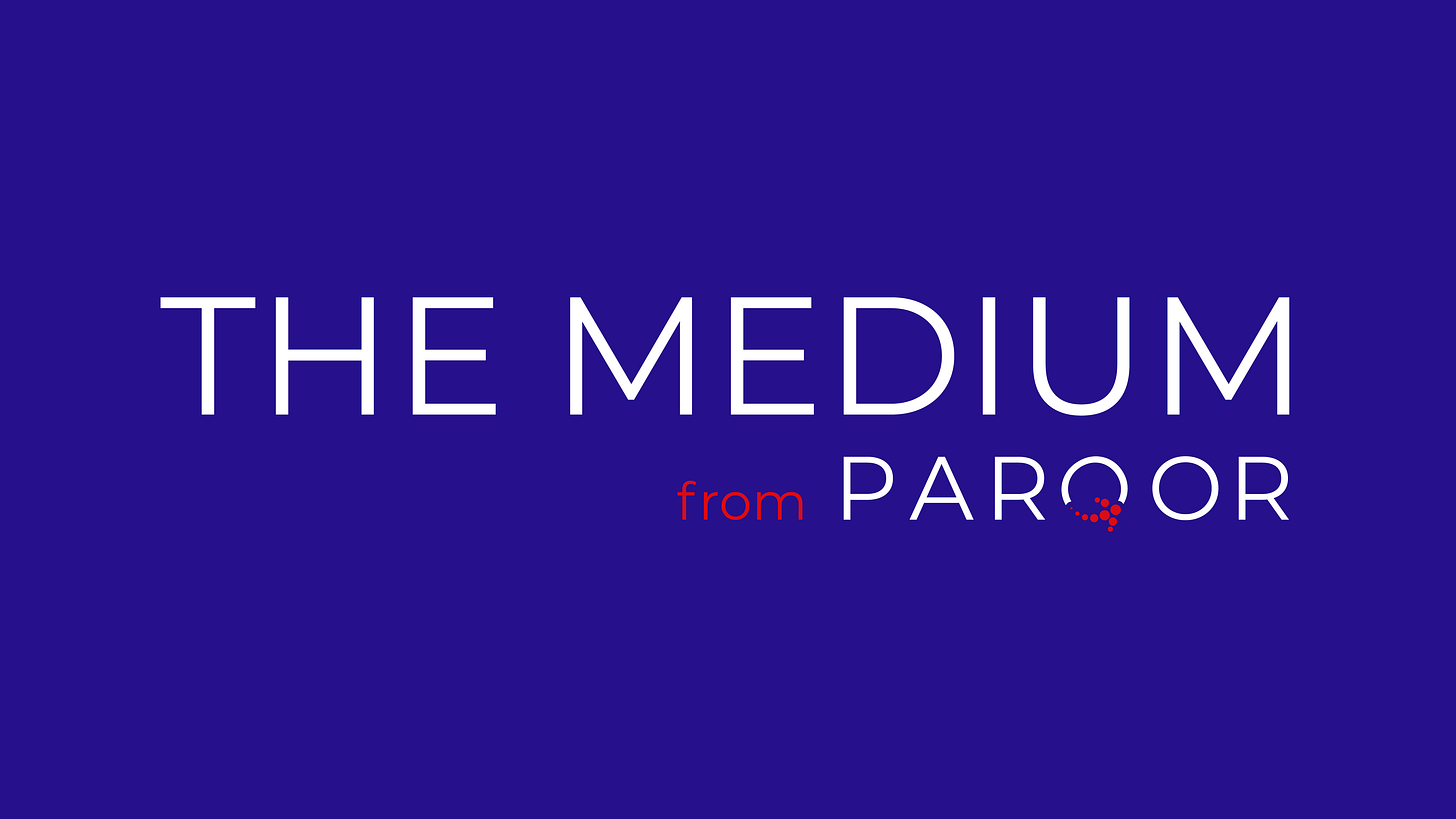The Hulu Valuation Collapse That Reveals AI's Real Threat
Why Disney's 89% Hulu haircut signals consumers choosing AI over entertainment—and what it tells us about the future of the AI marketplace
[Author’s Note: A reminder I will be taking vacation for the last two weeks of June. The last mailing for June will be on the 19th. I will be back in action the week of July 5th.
Also, a reminder for PARQOR Platinum subscribers. I am aiming to get a presentation done for Thursday. I have a few existing questions from readers. I’d like to have a few more :) Please send your questions by responding to this email or DM me on Substack.
Last, I am building out a new advisory model and am actively seeking feedback from subscribers. I would be grateful for your help! Please respond to this email.]
Comcast and Disney finally have their answer from an arbitrator regarding the value of Hulu: Disney will only pay Comcast an additional $438.7 million to buy out NBCUniversal’s 33 percent interest in Hulu. That is about 11% of the estimated $4 billion additional payment for Hulu recommended by Comcast’s bankers.
Instead, the final sum is $9 billion, implying a valuation of $27 billion overall for the streaming service.
I argued previously that any valuation of Hulu above $27.5 billion seemed aggressive because it required Disney to quadruple Hulu’s revenues and hold operating margins constant. However, “growth is expensive as marketing platforms mature and their ability to charge higher fees increases.”
Hulu will be 17 years old in October. It is a fading star with flat growth in the streaming world, even though its app still has a higher share of streaming consumption in U.S. television households than Disney+. It is now primarily marketed as part of various bundles of streaming apps that include Disney+ and (HBO) Max. Its library is now integrated into Disney+, making its app seem less necessary.
Whatever Hulu may become under Disney over the next five years, its value will be marginal to the streaming business. That reflects the increasing dominance of YouTube and Netflix in the streaming marketplace. However, it also reflects how streaming services like Hulu have become interchangeable with AI platforms like ChatGPT.
Hulu's diminishing value suggests that consumers are fundamentally rethinking what deserves their monthly subscription budget—and AI platforms are rapidly winning that comparison.
Interchangeability
This concept of interchangeability in streaming is not new. Netflix has long told investors it considers its competition to include gaming platforms like Epic Games “Fortnite” and short-form video platforms like TikTok as competitors for consumer attention. Streaming apps compete with one another on a monthly basis.
It is worth taking a different lens to interchangeability in light of an argument Craig Hepburn, the former Chief Digital Officer of Art Basel, recently made to me (and others in private group chat):
Key Takeaway: AI platforms' rapid capture of streaming subscription dollars at similar price points raises the question of whether the AI marketplace will follow streaming's path of platform competition or develop differently through open source dynamics.



